|
Stephen Graham Jones, The Only Good Indians, Titan (UK), 2020.
Audiobook available. I don't often read horror but the genre has become recently a do-not-miss area considering the high quality of the books published. Some writers particularly stand out for me, and one of them is Stephen Graham Jones whose latest offer, The Only Good Indians, is absolutely remarkable. Eugen Bacon, Claiming T-Mo, Meerkat Press, 2019.
Claiming T-Mo is a unique story blurring boundaries between scifi and fantasy and telling the story of three women-a mother, a lover, a daughter- and their relationship to T-Mo, a troubled man. Priya Sharma, Ormeshadow, Tor, 2019.
This coming-of-age novella very much reminded of The Arrival of Missives by Aliya Whiteley in that it takes place in rural England in the past and has slight, but pivotal, SFF elements. It is nonetheless very much its own story and an engrossing read. Simon Morden, Bright Morning Star, NewCon Press, 2019.
Audiobook available on Audible. Bright Morning Star by Simon Morden is scifi novella successfully revisiting the trope of human society viewed by an outsider, an AI, arrived on Earth to explore it. Alex DiFrancesco, All City, Seven Stories Press, 2019.
Audiobook available on Kobo. All City is a near future apocalypse/post-apocalyptic (climate) novel told from different points of view. It deals with gender, class, race and mental health issues, and, to put it bluntly, I loved it. Arkady Martine, A Memory Called Empire, Tor, 2019.
Audio book available. To me, there are outstanding scifi novels that were published in 2019: The Outside by Ada Hoffmann, and A Memory Called Empire by Arkady Martine. It took me some time to finally read it, but oh boy, did I enjoy it! Stewart Hotston, Tangle's Game, Abaddon Books, 2019.
Tangle's Game is fast pace, fun, near future thriller, that tackles efficiently themes that should concern us all about data and technology. Bethany Morrow, MEM, The Unnamed Press, 2018.
Audiobook available on Audible. MEM is a scifi novel set in an alternate 1920s Montreal. Though it lacks a little oomph, it has a compelling premise and is a thoughtful take on humanity. Juliet Kemp, A Glimmer of Silver, The Book Smugglers, 2018.
Catching up on this scifi novella has been a delightful experience. It'll be a great read if you're looking for a relatively low-key, thoughtful and hopeful story. Craig Laurance Gidney, A Spectral Hue, Word Horde, 2019.
A Spectral Hue is a remarkable story of hauntings. But it's not a horror novella. It actually deals more with the uncanny, the weird, and above all, it is about grief, art, and identity, particularly when you are oppressed. Tasha Suri, Empire of Sand, Orbit, 2018.
Audiobook available on Audible. I'm a year late to this party but despite a rocky start, I really enjoyed Empire of Sand by Tasha Suri, a stand-alone fantasy novel set in a world inspired by Mughal India. Ada Hoffmann, The Outside, Angry Robot, 2019.
Audiobook available on Audible. The Outside by Ada Hoffmann will probably be one of my favourite science-fiction novels of the year. It's smart, it's fast paced, it doesn't go for easy shortcuts, the worldbuilding is very interesting and it has great characters. Once again, Angry Robot proves that small presses have some of the best stories out there at the moment. Jonathan Ward, Caleuche, Fox Spirit Books, 2019.
Caleuche is a space opera thriller after a technological apocalypse occurs. It uses tropes and has some stereotypical elements, but it is a gripping read for a cosy evening in. Claire G. Coleman, Terra Nullius, Hachette Australia, 2017.
Audiobook available on Audible. I'm sorry I missed this book when it was published in 2017. It feels like being late to a party, but better late than never. This scifi dystopia certainly makes for a grim party, but it is a powerful, unmisseable one. Adrian Tchaikovsky, Walking to Aldebaran, Rebellion Publishing, 2019.
Good day, and welcome to your annual review of a Tchaikovsky story (and I haven't even read yet Children of Ruin...)! This latest offering is a dark and compelling scifi novella that will take you into a maze full of monsters... Jan Morris, Hav, Faber & Faber, 2006.
I came into Hav by chance. I lost myself in its maze for two weeks, walking its streets, never wanting to leave. I had to, of course, other books were waiting. But Hav will probably one of my favourite encounters of the year. Temi Oh, Do You Dream of Terra-Two? Simon and Schuster, 2019.
Audio version available on Audible. I had mixed feelings at the end of Do You Dream of Terra-Two?, a near-future scifi novel. Without a doubt, Temi Oh has written a story which has many strong points, but other aspects were less convincing to me. Nonetheless, it is an interesting novel with a lot of potential. Lavie Tidhar, Unholy Land, Tachyon Publications, 2018.
I haven't liked what I've read of Lavie Tidhar as much as some reviewers have, but Unholy Land has certainly fascinated me. This tangle of uchronic worlds that some people are able to visit centre around the question of Zionism and identity. I've found it an intriguing novella despite some niggles. Samuel Delany, The Ballad of Beta-2, Ace Double, 1965 (original publishing).
Reprinted in A, B, C, Three Short Novels by Vintage, 2015. Some classic scifi stories are very much stories of their times. Some have aged well; others... less so. When I picked The Ballad of Beta-2, a Samuel Delany novella I had never read, for my series of classics reviews, I didn't really know what to expect. But I suppose this is how you recognise a true master of scifi, when their story, more than fifty years later, still feel incredibly modern. Fourth in the series of "Stories published before 1978." Aliya Whiteley, The Loosening Skin, Unsung Stories, 2018.
Once upon a time, if you had told me "weird fiction", I'd have run screaming. It conjured images of ick and ick-ier in the vein of Burrough's Naked Lunch. But a couple of writers have reconciled me with the genre, including Aliya Whiteley. |
All reviews are spoiler free unless explicitly stated otherwise.
I only review stories I have liked even if my opinion may be nuanced. It doesn't apply for the "Novels published before 1978" series of blog posts. Comments are closed, having neither time nor the inclination to moderate them. |
WHAT IS THE MIDDLE SHELF?
The middle shelf is a science-fiction and fantasy books reviewS blog, bringing you diverse and great stories .
PLEASE SUPPORT AUTHORS.
IF YOU LIKE IT, BUY IT. |
ON THE MIDDLE SHELF
|
KEEP IN TOUCH WITH THE MIDDLE SHELF
|
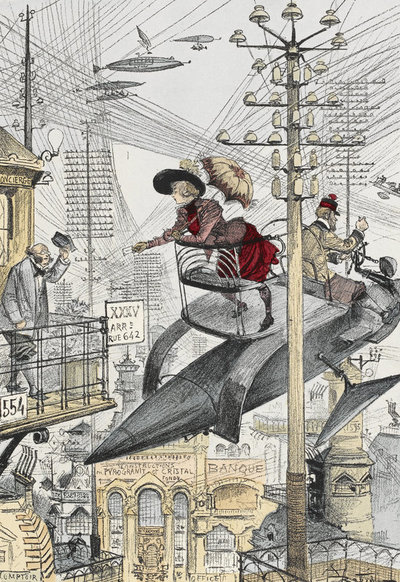

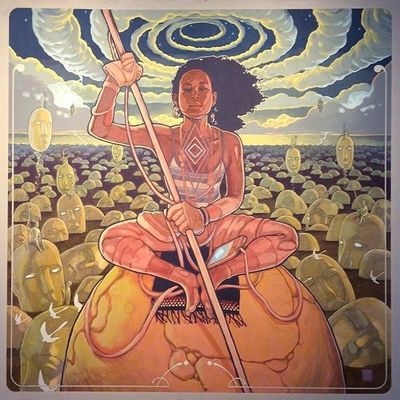
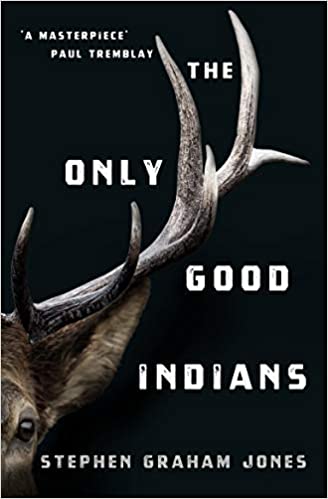
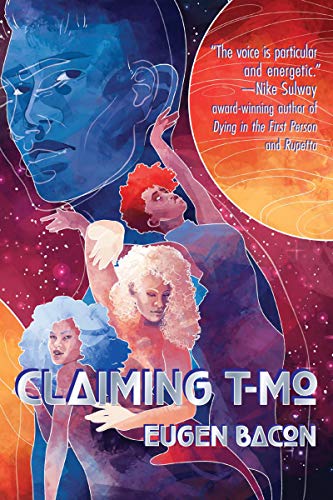
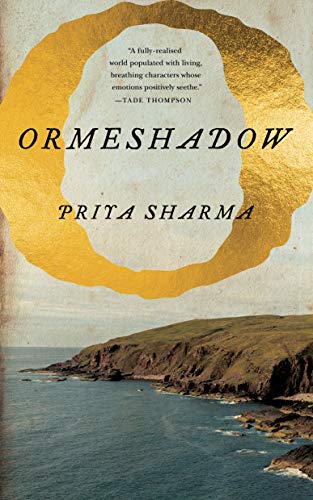
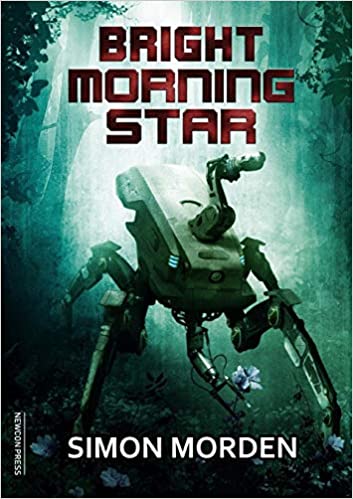
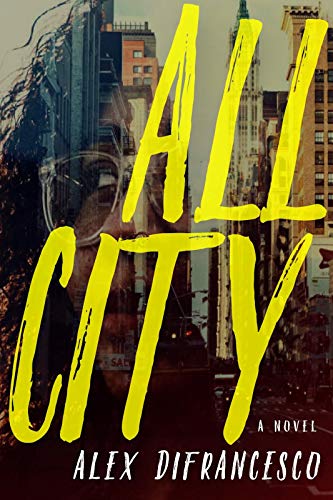
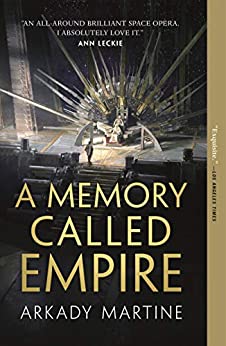
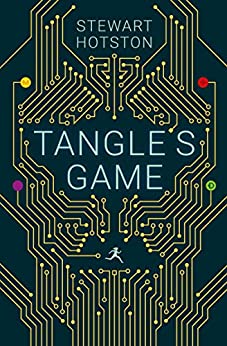
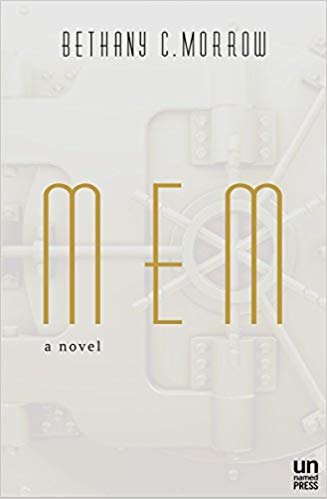
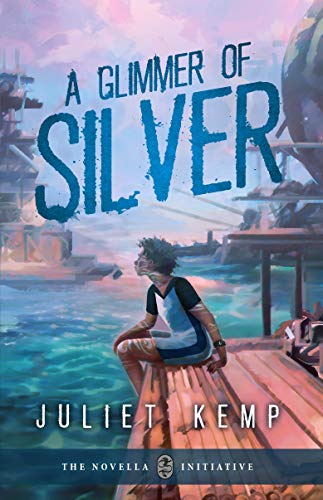
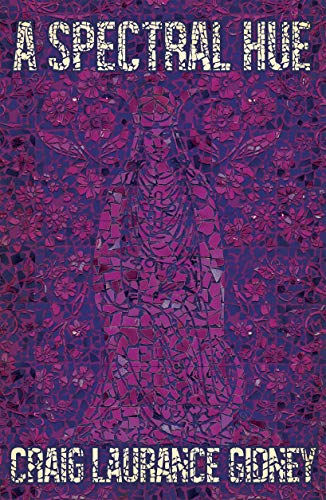
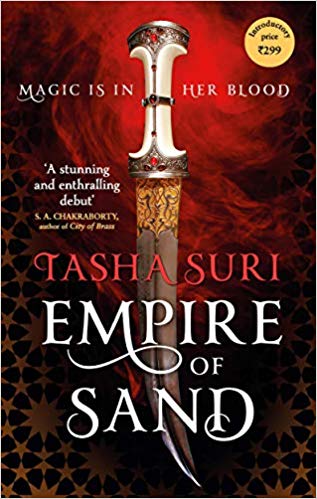
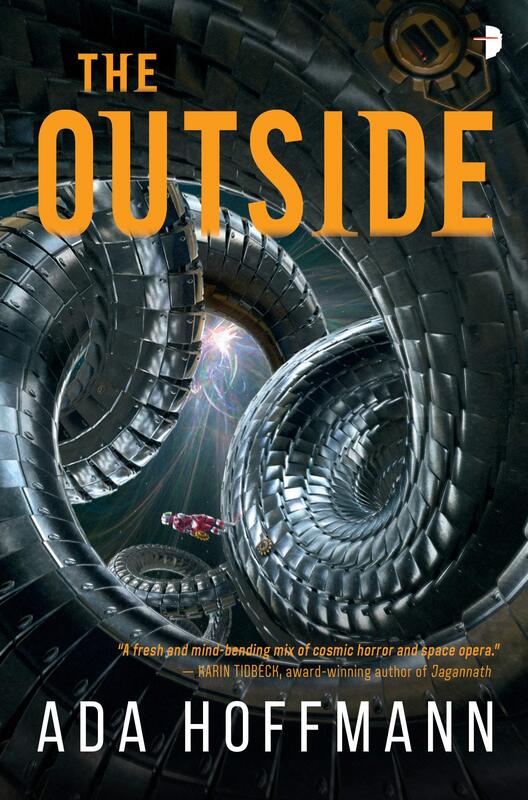
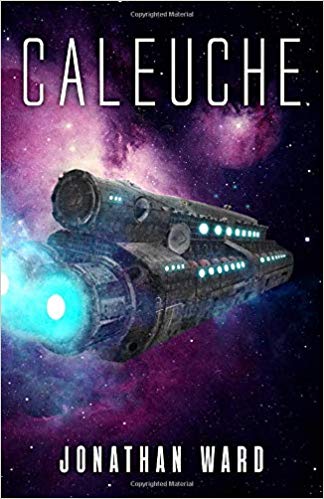
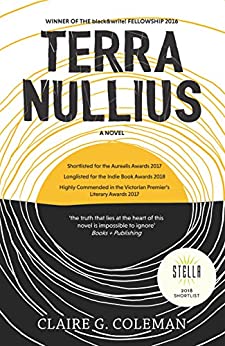
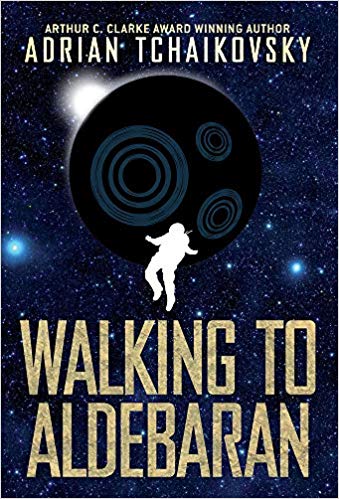
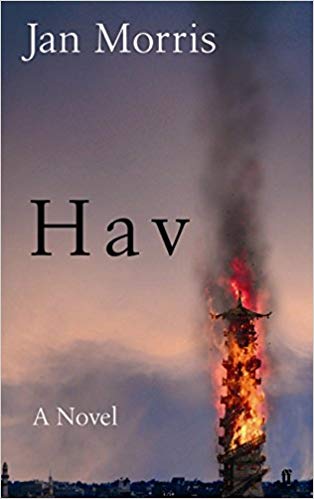
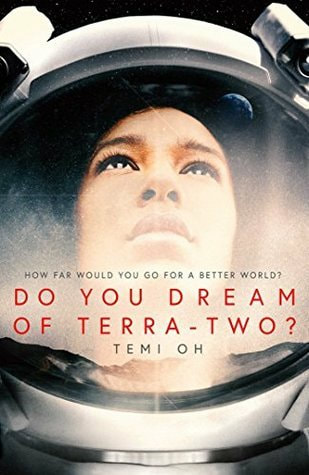
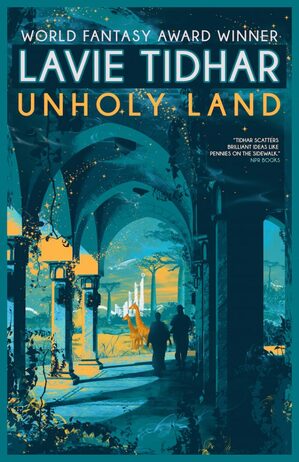
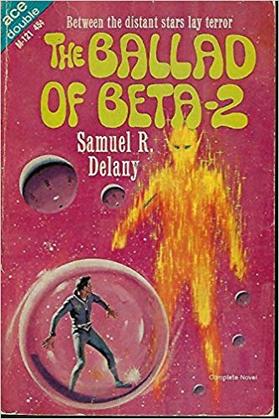
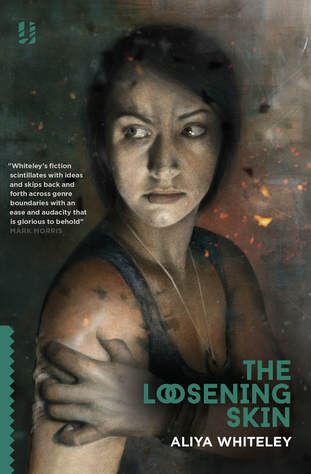
 RSS Feed
RSS Feed
